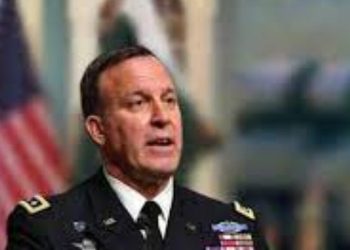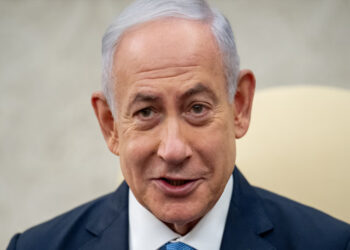A new social media policy has been implemented for the federal police following directives from the Establishment Division, aimed at regulating the online conduct of police officers and personnel.
As per the notification, all police officers and staff must obtain departmental approval before expressing opinions or writing articles for any media outlet. This move is designed to maintain a unified voice and prevent any unauthorized communications that could affect the integrity of the police force.
The policy outlines several restrictions, including:
- Prohibition on Personal Promotion: Police officers and personnel are barred from making videos or taking photographs while in police uniforms, official vehicles, or within government buildings for personal promotion purposes. This measure is intended to prevent the misuse of official attire and resources for individual gain.
- Confidentiality and Sensitivity: Uploading any confidential information, official matters, or sensitive content on social media is strictly prohibited. This is crucial for maintaining operational security and protecting sensitive information from public exposure.
- Restrictions on Political and Religious Expression: The policy explicitly forbids federal police officers and personnel from sharing their political and religious views in the media. This is aimed at ensuring that the police remain apolitical and neutral in their professional capacity.
- Centralized Communication: The Public Relations Officer from the Inspector General’s (IG) office has been designated as the sole channel for communicating police activities to the media. This centralization aims to streamline communication and ensure that all messages align with departmental policies.
- Permission Required for Media Engagement: Any officer or personnel wishing to communicate with the media must first obtain permission through the Deputy Inspector General (DIG) or the Public Relations Officer at the IG office. This requirement is meant to control the flow of information and maintain a cohesive public image.
Moreover, the policy stipulates that officers in charge of relevant units will be held accountable for the actions of their subordinates. Strict departmental action will be enforced in case of any violations of the established guidelines.


































